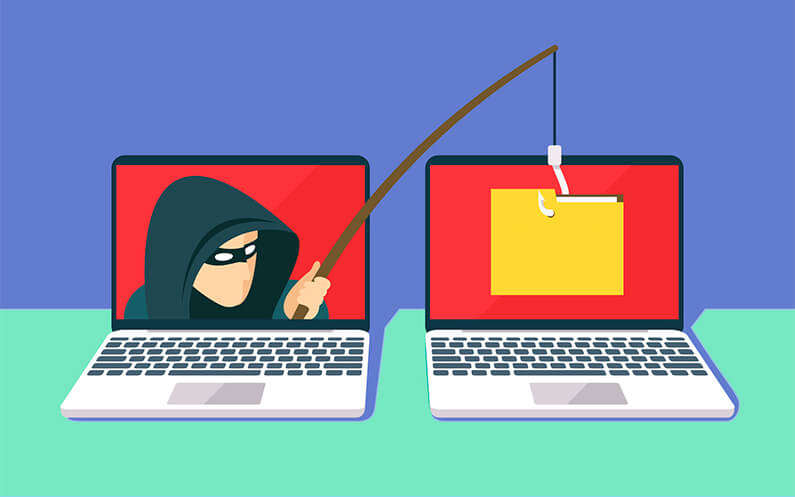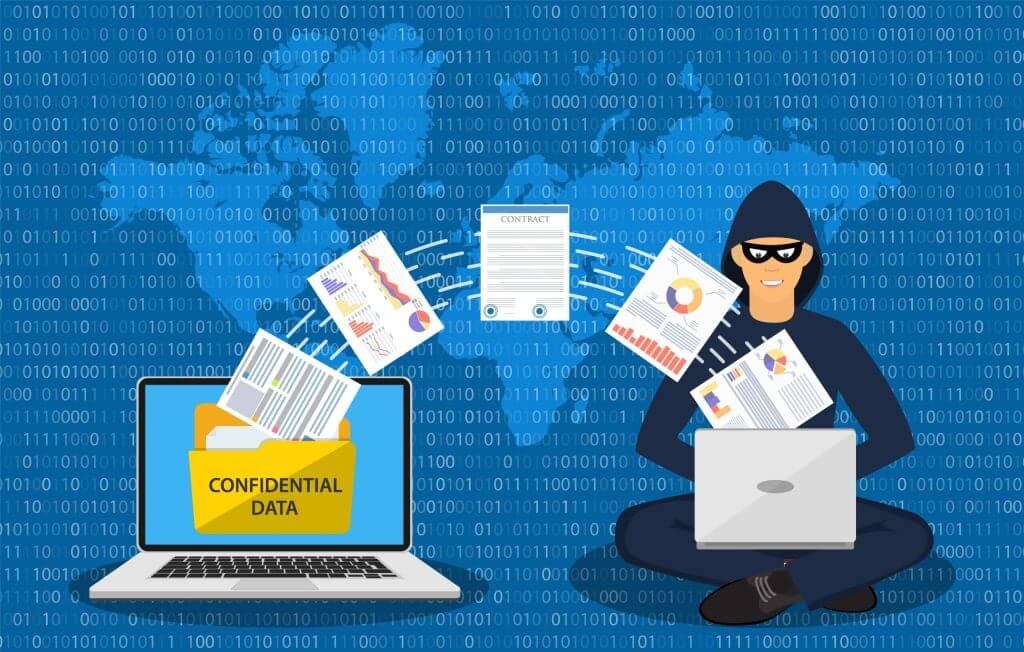Phishing – The sea is full of fish!


Have you ever heard of phishing attacks? The word originated from a pun on the English word “fishing”.
It’s a social engineering technique used by cybercriminals to trick users into obtainingconfidential information (name, password, credit card details, etc.) using fake communications that appear to come from a trusted source .
This technique is used by digital crooks, who “bait” the web (fake sites, links, very similar to the original) to “hook” their victims.
These sites are extremely similar to the originals, and if your eyes aren’t trained, you’ll hardly be able to tell the difference. Basically, it’s “fishing for confidential information”.

Through fake pages, criminals “hook” their victims, who provide their data because they don’t realize it’s a fake page, and end up falling for the scam.
You have to be careful when filling in any registration form on the web. Always make sure that the page you are using is the page of the company it claims to be, be careful.
CHECK OUT THE TIPS!
- Beware of unsolicited e-mails from well-known companies asking you to update your registration details, such as confirming confidential data. E.g. username and password, be wary;
- Don’t click on links without making sure they are genuine. Remember that cybercriminals will use well-known companies to gain your trust;
- Pay by credit card whenever you can, because if you need to, you can request a chargeback from the operator;
- Be wary of a credit card company using a domain other than .𝗰𝗼𝗺 or .𝗰𝗼𝗺.𝗯𝗿 – it’s unlikely that a retail company would use a .𝗼𝗿𝗴 domain, for example. Get informed!

The main companies chosen by these cybercriminals are banks, retail stores or any company that makes use of databases, beware. Be very careful when filling out any kind of registration form.
In 2020, a survey by PSafe said it had recorded more than 47 million phishing scams, mainly targeting employees of remote companies.
Ordinary users are in the crosshairs, with more than 200 victims of this type of scam every minute in Brazil alone. Be wary of emails you’re not expecting, always confirm the information with your team, check the senders’ addresses, don’t click on unknown links and attachments.
Since its creation, the internet has brought many benefits to society: it has brought people closer together, made it possible for information to reach anywhere on the planet, made it possible to choose to make purchases with just one click, as well as many other benefits, but it has also brought the ease of anonymity.
Get informed, don’t let something that has come to make life easier for everyone give you a bad experience. Information is just a click away. 👆